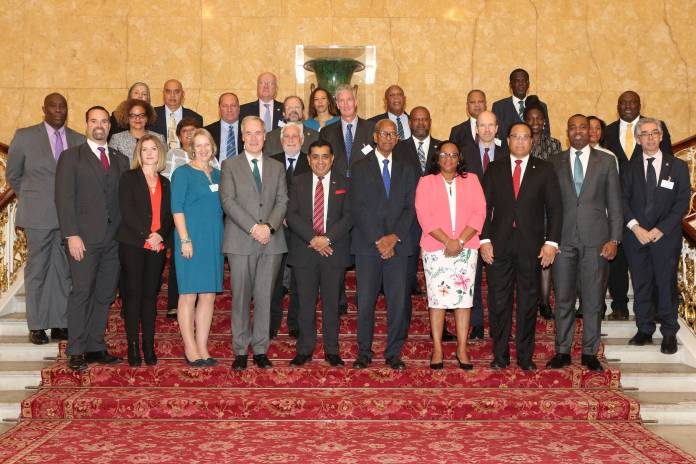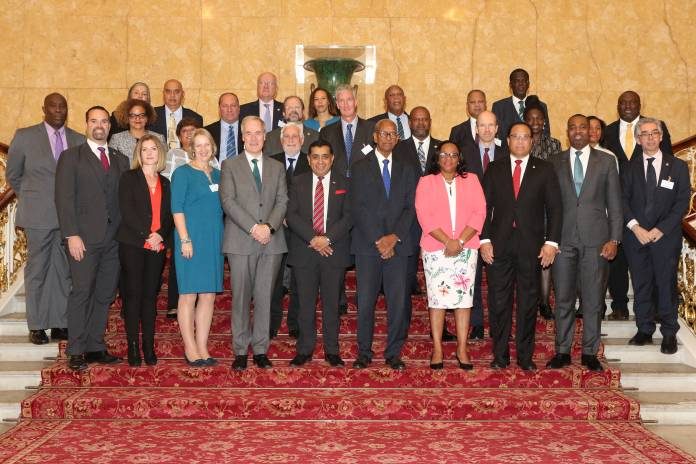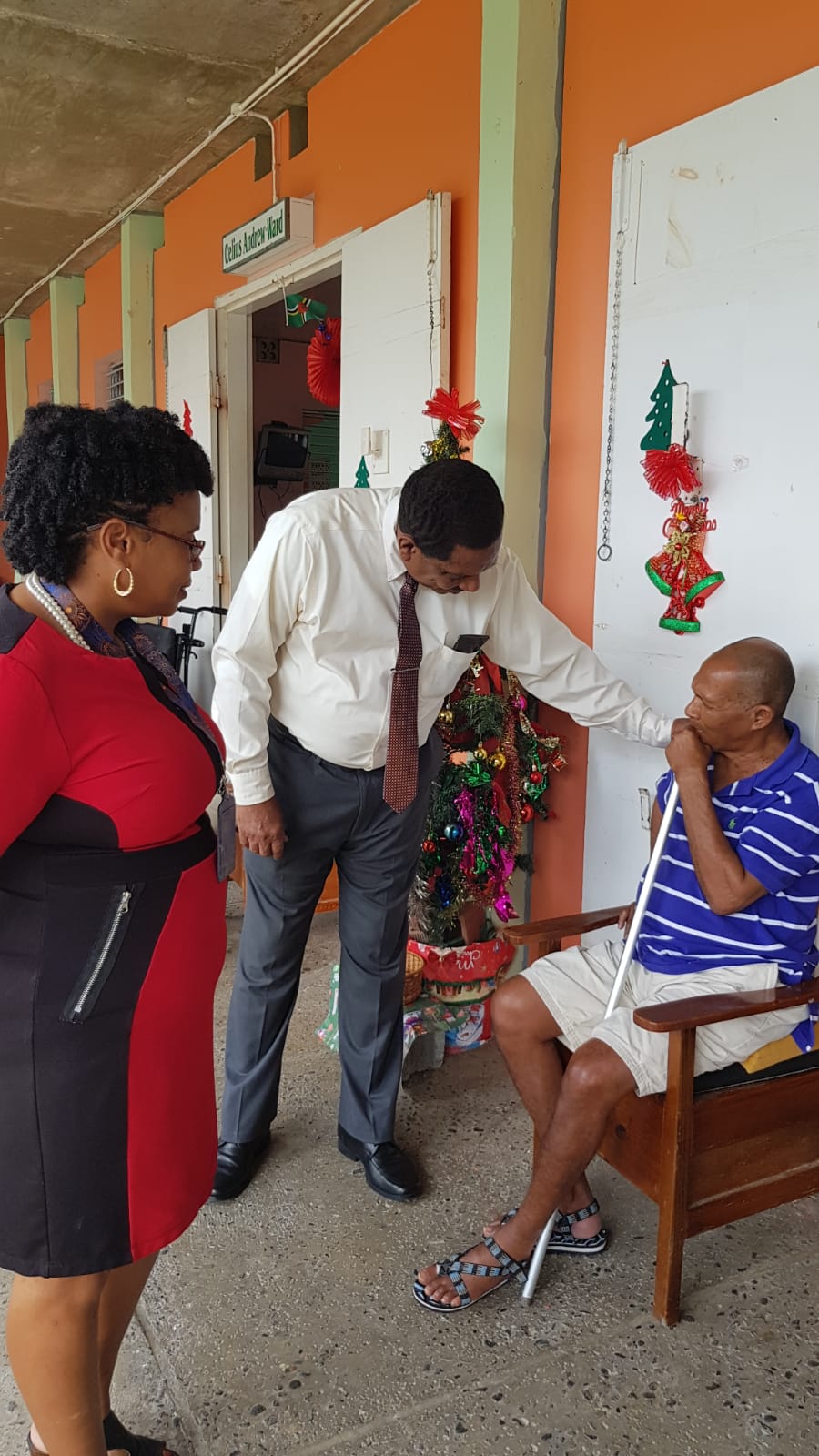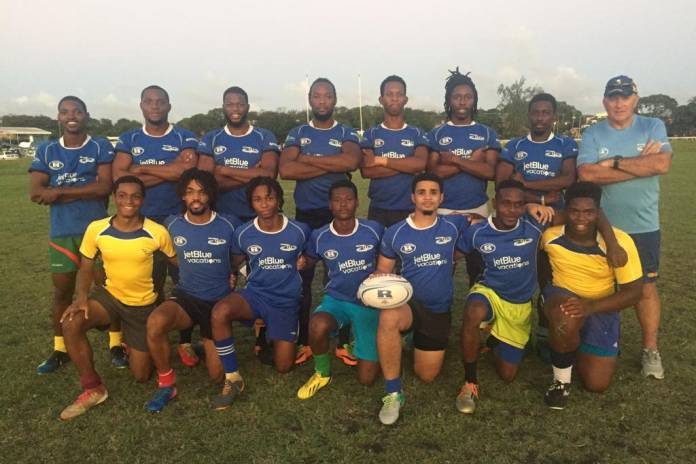
LONDON, England (CNS) — The first day of the two-day meeting between the British Overseas Territories (BOT) Joint Ministerial Council (JMC) and the UK government in London was overshadowed on Tuesday by the UK’s exit from Europe.
Not only was Brexit at the top of the agenda at the BOT meeting but it also kept key British ministers away from the JMC at Lancaster House, as the critical debate on Prime Minister Theresa May’s Brexit deal opened in the House of Commons at the same time. That debate will continue through this week before going to a vote on 11 December.
As the current president of the United Kingdom Overseas Territories Association (UKOTA), Cayman Islands Premier Alden McLaughlin opened the meeting, which had a busy agenda, including issues relating to Britain’s uncertain departure from the European Union, which is causing concerns for BOT leaders, as well as a number of other critical issues.
“Today’s agenda was busy but productive, with a lot to get through on the Brexit agenda,” said McLaughlin at the end of the London meeting in a press release from his office outlining the meetings.
“We are grateful for the attendance of those from the UK government who were able to give us updates as far as possible, given the uncertainty of the day caused by the Brexit debates in the House of Commons. It was regrettable, though understandable, that the Right Hon. David Liddington, Chancellor of the Duchy of Lancaster, was also not able to attend the JMC meetings today as expected,” he added.
The premier said the BOT leaders were expecting parliamentary secretary Chloe Smith to join the meetings on Wednesday to lead a session on the constitutional relationship with the UK, which is part of her portfolio.
According to the release, Tuesday’s session focused on discussions about Brexit and contingency planning, including updates on the domestic parliamentary process, trade policies and development funding.
The talks also covered specialist details of BOT-related environmental work through the Department of Environment Food and Rural Affairs (DEFRA), an overview of planning for a ‘no deal’ scenario in Brexit, trade policies post Brexit and potential changes to funding through the Overseas Development Fund.
BOT leaders were advised that EU funding supporting environmental and other projects in the territories would only be guaranteed by the UK until 2020. This means some challenges for territories with on-going projects that exceed that date. The Cayman Islands has benefited in the past from EU funding for projects, including post-Hurricane Ivan housing, the Doppler Radar Project and the Blue Iguana Recovery Programme. Cayman does not currently receive any cash from the EU for any specific ongoing projects.
For Cayman, the main issues relate to its financial services business in Europe, and trade arrangements with EU countries was on the agenda. The UK officials at the meeting said the interests of BOTs are being considered alongside that of the UK with regards to trade. The proposed EU withdrawal agreement includes the provision to list every overseas territory by name, indicating the consideration they will all have in any deal with the EU.
In addition to talks about Brexit, the territory leaders and UK officials had a “lively session on British Overseas Territories citizens’ passports”, according to the release, with the UK agreeing to look at concerns that impact some citizens, especially when travelling through the United States.
There are concerns that BOTC passports are electronically coded with the same code as British passports, presenting occasional problems for some territories’ nationals on some airlines. The request was that BOTC passports be encoded with an appropriate code for each territory to avoid this issue.
Another key session of the day focused on child safeguarding. McLaughlin detailed the work in the Cayman Islands, with advancements of the Multi-Agency Safeguarding Hub (MASH), training and capacity building, raising community awareness on safeguarding of children and older persons, and restructuring the Department of Children and Family Services.
During the day financial services minister Tara Rivers spoke with Lord Bates, the minister of state for international development, about the funding being made available to BOTs damaged in hurricanes and other natural disasters. She said more should be done and was assured that the UK government intends to work with the Organisation for Economic Cooperation and Development (OECD) to help foster a greater understanding of the needs and vulnerabilities of small island countries.
The JMC meetings continued on Wednesday with sessions on disaster management, trade and investment, financial services, and the constitutional relationship with the UK. Lord Ahmad of Wimbledon, UK minister for the British Overseas Territories, was also at the meeting.
Republished with permission of Cayman News Service







